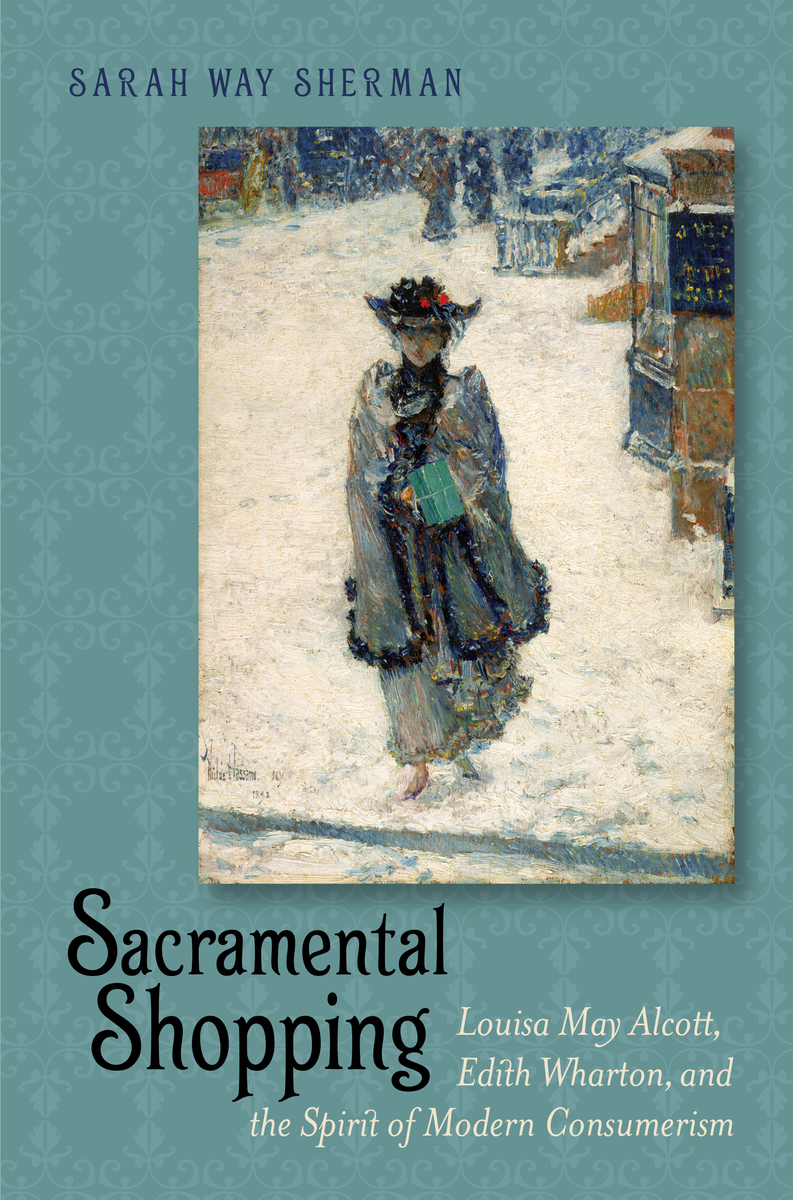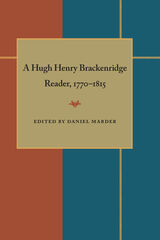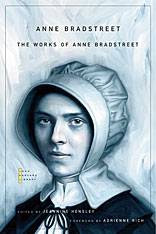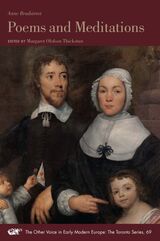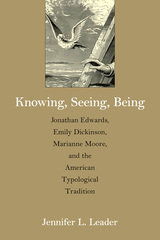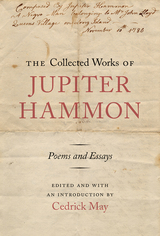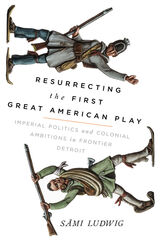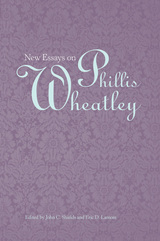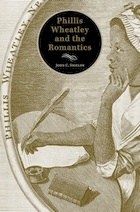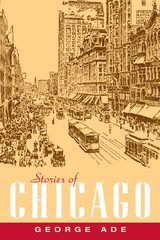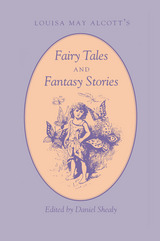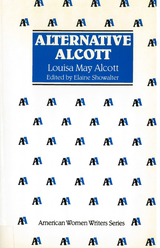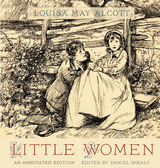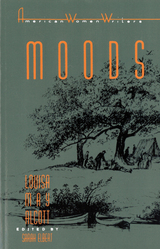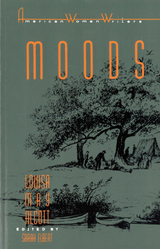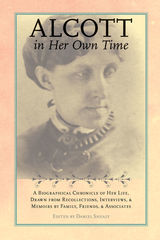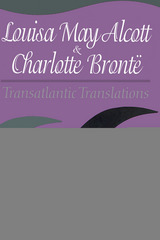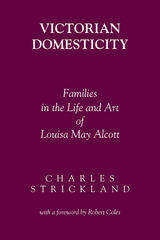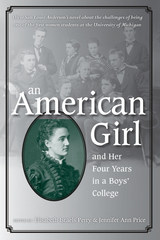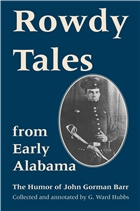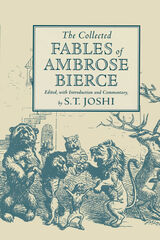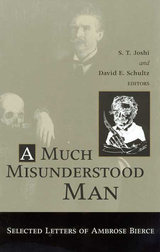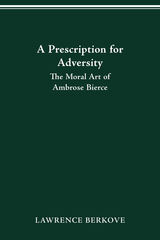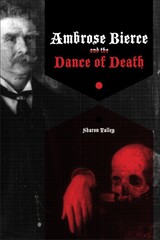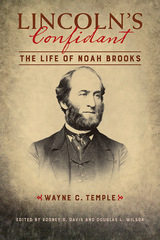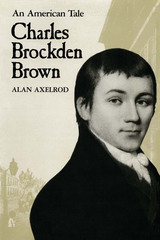Sacramental Shopping: Louisa May Alcott, Edith Wharton, and the Spirit of Modern Consumerism
University of New Hampshire Press, 2013
Paper: 978-1-61168-437-7 | Cloth: 978-1-61168-422-3 | eISBN: 978-1-61168-412-4
Library of Congress Classification PS1017.L53S54 2013
Dewey Decimal Classification 813.4
Paper: 978-1-61168-437-7 | Cloth: 978-1-61168-422-3 | eISBN: 978-1-61168-412-4
Library of Congress Classification PS1017.L53S54 2013
Dewey Decimal Classification 813.4
ABOUT THIS BOOK | AUTHOR BIOGRAPHY | REVIEWS
ABOUT THIS BOOK
Written a generation apart and rarely treated together by scholars, Little Women (1868) and The House of Mirth (1905) share a deep concern with materialism, moral development, and self-construction. The heroines in both grapple with conspicuous consumption, an aspect of modernity that challenges older beliefs about ethical behavior and core identity.
Placing both novels at the historical intersection of modern consumer culture and older religious discourse on materialism and identity, Sarah Way Sherman analyzes how Alcott and Wharton rework traditional Protestant discourse to interpret their heroines' struggle with modern consumerism. Her conclusion reveals how Little Women's optimism, still buoyed by otherworldly justice, providential interventions, and the notion of essential identity, ultimately gives way to the much darker vision of modern materialistic culture in The House of Mirth.
Hardcover is un-jacketed.
Placing both novels at the historical intersection of modern consumer culture and older religious discourse on materialism and identity, Sarah Way Sherman analyzes how Alcott and Wharton rework traditional Protestant discourse to interpret their heroines' struggle with modern consumerism. Her conclusion reveals how Little Women's optimism, still buoyed by otherworldly justice, providential interventions, and the notion of essential identity, ultimately gives way to the much darker vision of modern materialistic culture in The House of Mirth.
Hardcover is un-jacketed.
See other books on: 1862-1937 | Alcott, Louisa May | Edith Wharton | Spirit | Wharton, Edith
See other titles from University of New Hampshire Press
